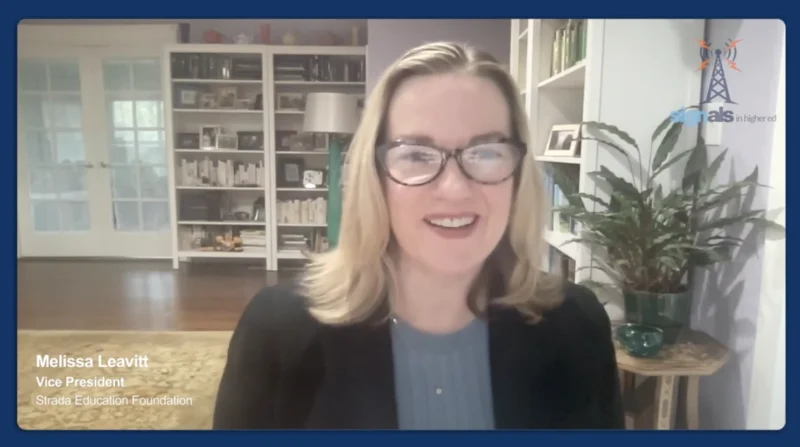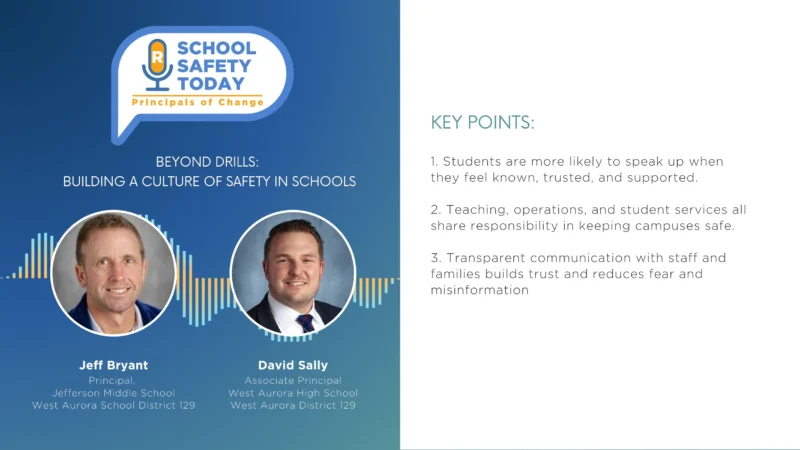Military and Corporations Competing for Talent Must Utilize Education Incentives
It’s a fast-evolving workforce out there and the competition for talent has intensified, touching even the most traditional sectors such as the military. As companies, large and small, recognize the importance of investing in their employees through education benefits, a new landscape emerges where even the U.S. military must innovate to attract and retain personnel. This has set off a new type of war for talent.
This shift in talent acquisition and retention strategy is reminiscent of the post-World War II era when the GI Bill first introduced education as a key benefit for service members. The incentive would revolutionize the concept of educational investment by an employer.
What does this evolving dynamic mean for the future of workforce development? How are traditional institutions like the military adapting their recruitment strategies in response to the changing demands of the job market?
For the latest segment of “DisruptEd,” host Ron J. Stefanski, featured Major General Johnny Davis and Dr. Howard Liebman, both of whom are experts in the fields of military and adult education, respectively. Their discussion looked into how both the military and corporations are now seeing education as a crucial part of their value proposition to potential recruits.
Some main points of their conversation looked into:
- How education benefits started with the military post-World War II and evolved into a widespread corporate strategy.
- Major General Davis discussed the military’s current recruitment challenges and its strategies to compete with corporate education benefits.
- Dr. Liebman outlined the impact of education benefits on retention rates in both the military and corporate sectors, highlighting successful outcomes and ongoing challenges.
Major General Johnny Davis has served in the Army for over 34 years and benefited from military-sponsored education himself. He is a vocal advocate for the military as a career path that offers substantial educational benefits.
Dr. Howard Liebman is the Executive Director of the Alliance for Adult Education Foundation, with a background in adult education, and has advised numerous corporations on educational strategies.
Article by Alexandra Simon.




